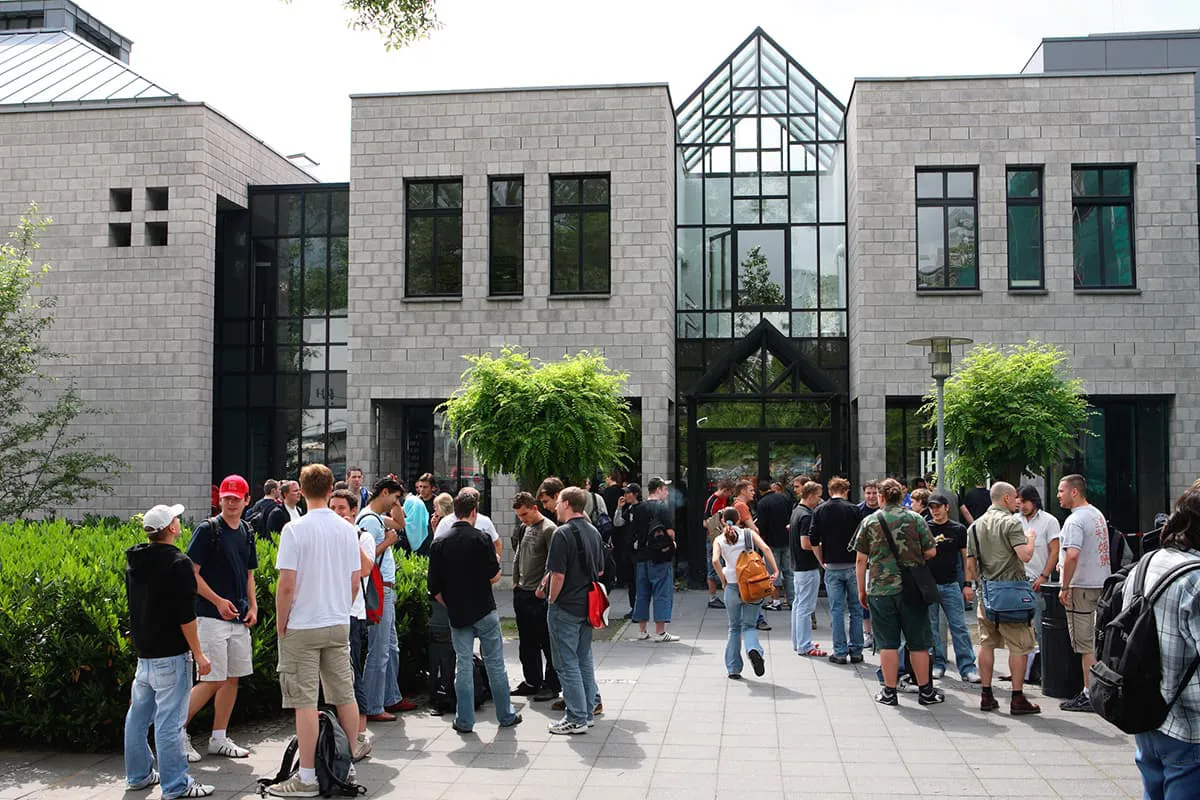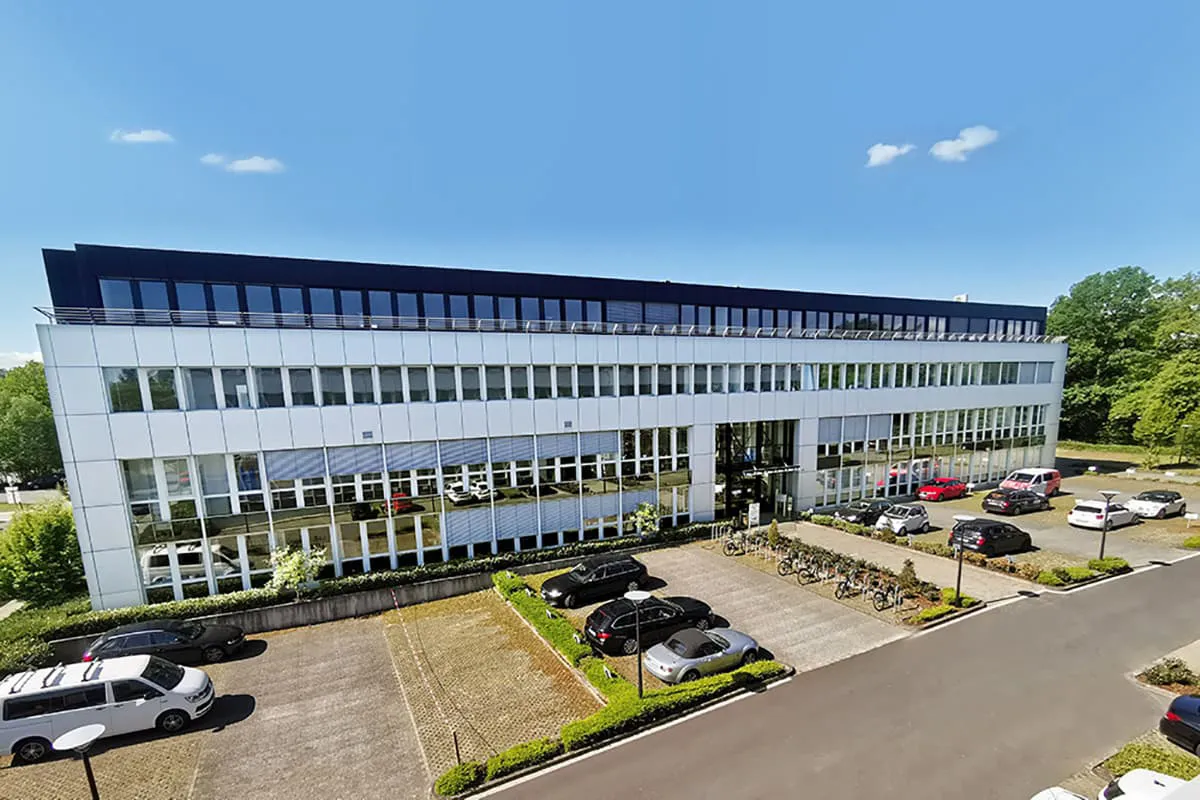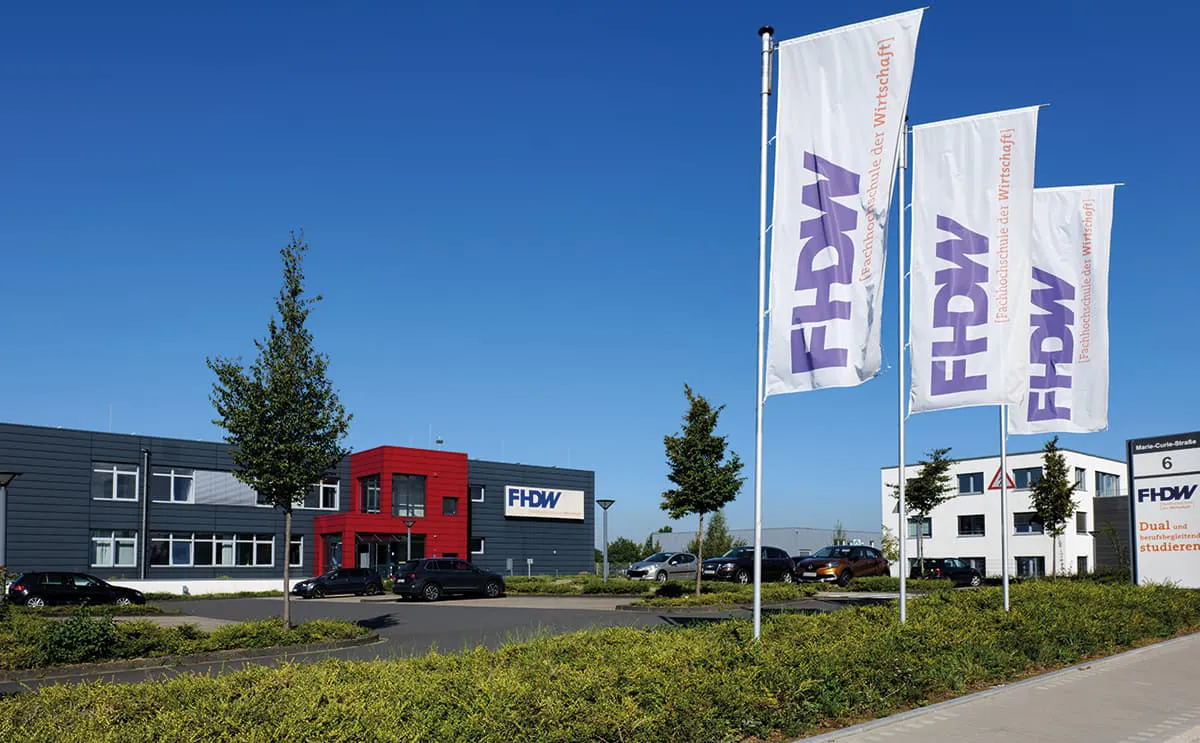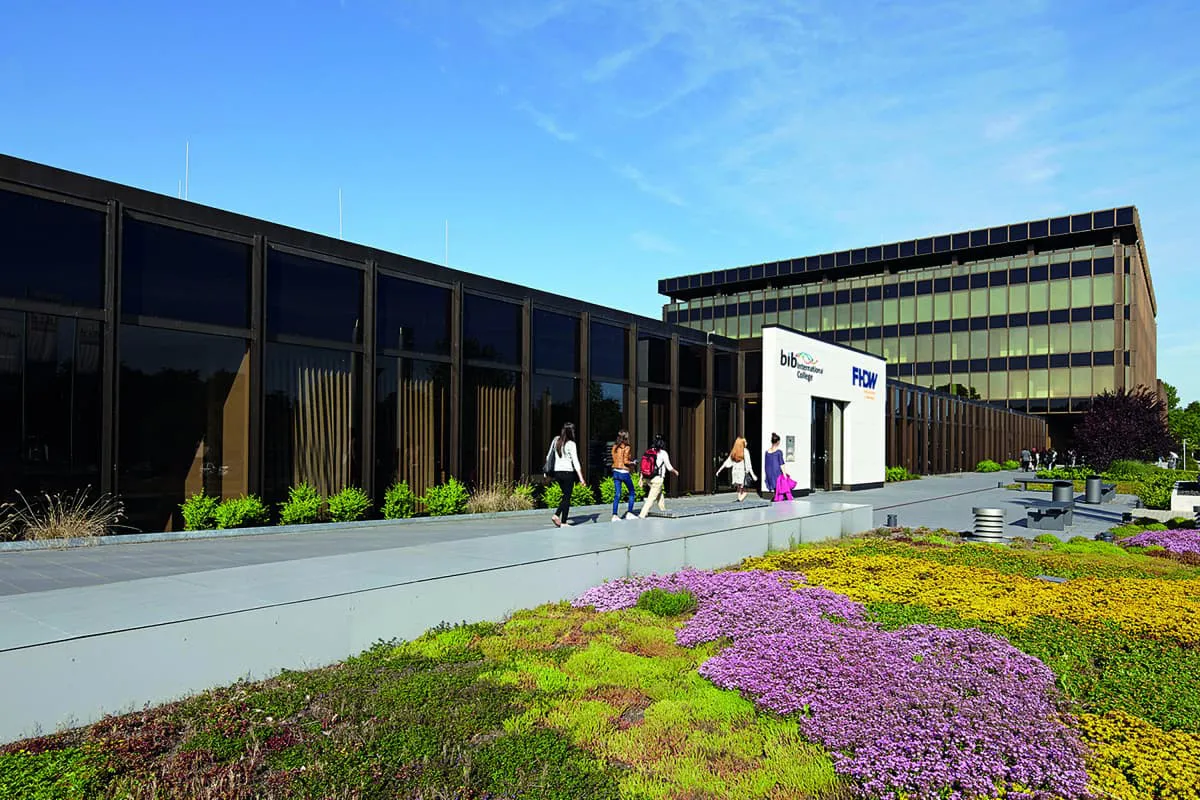Locations
You can study the programme B.A. BWL – Automotive Industry and Sales Management at the following locations:
Description of the programme
The German vehicle industry produces a great deal for export to other European countries, Asia and America. In 2017, 64 percent of turnover was generated abroad. However, the industry is in a state of flux, which is why the international competitiveness of the automotive industry depends heavily on its innovative strength and quick response to new requirements. This development is creating new fields of activity and job profiles with great potential.
Automotive studies—fit for new challenges
Worldwide, the automotive industry is changing fundamentally. On the one hand, the aspect of environmental and climate compatibility in vehicles is moving more and more into the centre of attention. On the other hand, the possibilities of artificial intelligence and digitalisation will determine new trends. Whether electric mobility, autonomous driving or networking, companies in the automotive industry will have to re-orient themselves technologically in order to survive in global competition. The change ultimately affects all branches of this industry, including suppliers, dealers and service providers.
Prospective managers need knowledge regarding the new challenges. The students acquire theoretical knowledge at an up-to-date level and gain insights into entrepreneurial work processes during the practical phases integrated into the study programme.
Why enrolling in this programme?
Combination of theory and practice gives you a head start in your career
In the dual bachelor's programme at the FHDW, students alternate between university and company on a quarterly basis. During their studies, both sides can ‘get to know each other’ and see if they harmonise. This lays the foundation for successful co-operation at an early stage.
The part-time bachelor's and master's programme combine a full-time job with the study programme. This means that the study content can be used directly at the workplace and it is not necessary to leave the job.
Small groups promote personal contacts
Studying at the FHDW means: no overcrowded lecture halls and no impersonal meetings. The FHDW knows its students. The study groups are only ever as large as a class: a maximum of 36 students.
Perfect organisation saves time
Students do not have to worry about the sequence and organisation of their studies. The study programmes at the FHDW are perfectly organised and coordinated. The part-time bachelor's programmes take into account the NRW school holidays.
Accreditations & awards
FHDW is ‘Top Digital Education Provider’
The market research institute ServiceValue examined the user satisfaction of digital education providers for the magazine Wirtschaftswoche. The FHDW received a grade of 2.50—only 0.08 grade points behind the first-place finisher in the business school category. For this, the FHDW was awarded the ‘Top Digital Education Provider’ seal in November 2020.
In various categories, users of 115 providers gave school grades for the quality of the education provided online. A total of 10,750 evaluations were collected.
Institutional accreditation by the German Science Council
As the most important advisory body for science policy in Germany, the Science Council confirmed in 2008 that the FHDW, as a private university, provides teaching and research according to recognised scientific standards and has the necessary material, personnel and financial resources. Most recently, the FHDW was re-accredited for another five years in 2019, once again confirming that it meets the high quality requirements.
System accreditation according to the Accreditation Council by FIBAA
In system accreditation, the quality assurance system of a higher education institution is examined to determine whether it functions in such a way that the higher education institution can guarantee the quality of its study programmes.




